
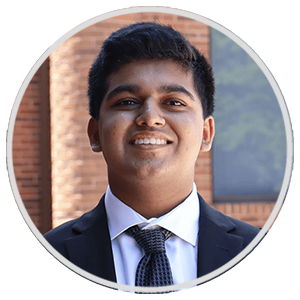
Diagnosed a real patient from the Nagari Medical Clinic & Maternity Ward in Bauchi State, Nigeria.
Developed a public health campaign for communities in Sub-Saharan Africa for implementation in 2022.
Demonstrated mastery during clinical skills training in phlebotomy, ultrasound, and intubation procedures.

Manmeet Kaur
Southwest Career and Technical Academy
Class of 2023

Read more about Manmeet here.

Manmeet is excited to have the privilege of participating in both the Advanced Medical Neuroscience and Advanced Medical Public Health Internships. She looks forward to jumpstarting her career in the healthcare field by participating in groundbreaking research and helping patients in need. Similarly, she is incredibly fascinated with the study of the human brain and is grateful she will be attending a program that encompasses what she loves.
As a rising senior at Southwest Career and Technical Academy, Manmeet is a dedicated and hardworking student at the very top of her class. She has continually challenged herself by taking rigorous Advanced Placement and Dual Enrollment classes. Manmeet fell in love with learning and gaining knowledge; therefore, her first dual enrollment class was at her local university at the young age of 13. Manmeet is accomplished in many aspects of her life. She has successfully passed the Nursing program at her school and has become a board Certified Nursing Assistant. Along with that, she volunteers at her local children's hospital where she directly works with patients. Her extracurricular activity list is long; she is her school's National Honor Society Secretary, HOSA Blood Drive Chairman, FBLA President, and participates in Academic World Quest and We The People. Manmeet has participated in numerous competitions for Academic World Quest, FBLA, and HOSA where she has received state and national recognition. Outside of school, Manmeet enjoys playing volleyball and reading books.
In the near future, Manmeet plans on attending a university known for its sciences, specifically neuroscience. She then wants to attend medical school to become a neurosurgical oncologist. It is her dream to have the privilege of caring for patients in this way and she is working to make that her reality.
Read more about Manmeet's achievements here.
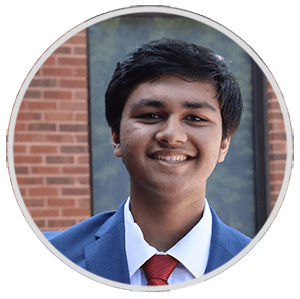
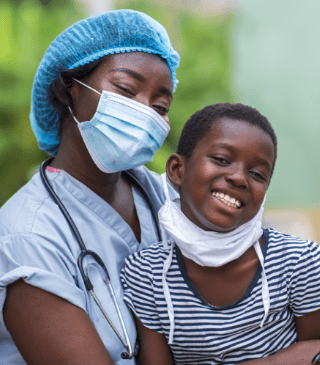
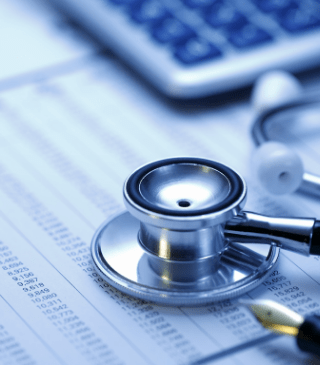
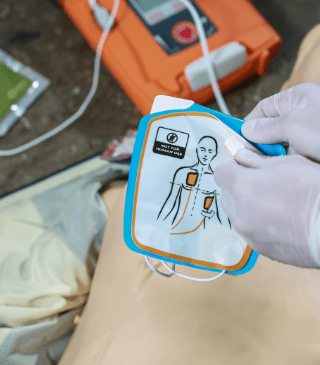
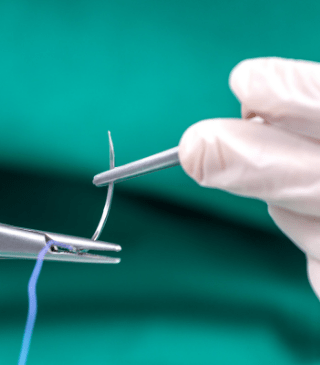
My Patient Diagnosis
My Public Health Campaign
Clinical Skills Training
Medical Training Highlights
My Public Health Training


In Partnership With The Nagari Medical Clinic & Maternity Ward In Bauchi State, Nigeria
The Advanced Medical & Public Health Internship diagnosis is the first-ever program of its kind. I not only got to work with the top medical professionals from around the world, but also save lives.
Through telemedicine, I was connected with a clinic and maternity ward in Bauchi State, Nigeria where I was able to interact with my patients in real-time. Supervised by a doctor in Nigeria, I examined & diagnosed my patient using my diagnostic training on the top 4 leading causes of death in Nigeria; malaria, typhoid fever, nutritional anemia, & acute respiratory infections (ARI).
These patients were locals from Bauchi State that were all ill and would normally not be able to afford medical treatment as they earn $1.25 a day or less. In return for working with our participants, all of their treatments were funded by Leadership Initiatives.
In 2022, Leadership Initiatives was able to fund the treatment of all patients participating in this program.
My Diagnosis

Abdullahi Salihu is a 14 year old living in the federal low-cost community. Abdullahi had a heart rate of 88 beats per minute. Additionally, he presented with an active fever, headache, loss of appetite, and weakness.
After running the appropriate diagnostic tests, I concluded that Abdullahi was suffering from malaria and typhoid. To treat the malaria, I prescribed CoArtem and to treat the typhoid, I prescribed an IV antibiotic.
In addition to these treatments, I recommended various methods of prevention for each disease. To prevent future cases of malaria, I suggested that the patient avoid mosquito bites through clothing, like long sleeves and pants, mosquito nets, and malaria prevention drugs, if accessible. For typhoid, I emphasized the importance of hygiene and sanitation practices, like hand washing.

My Patient's
Diagnosis
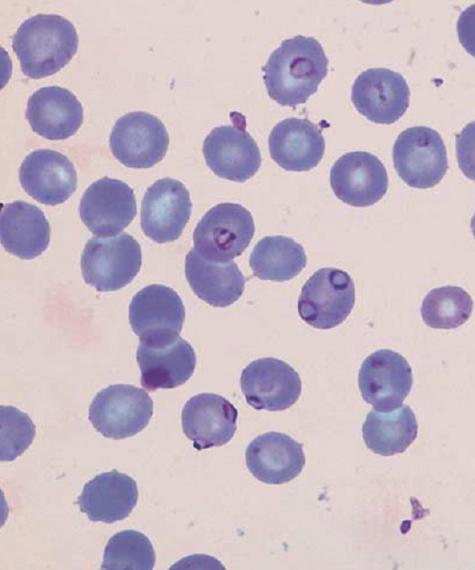

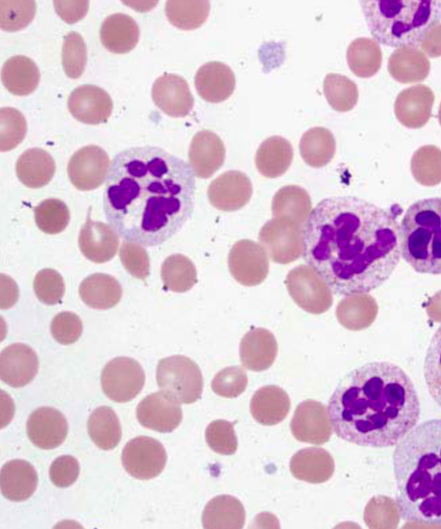

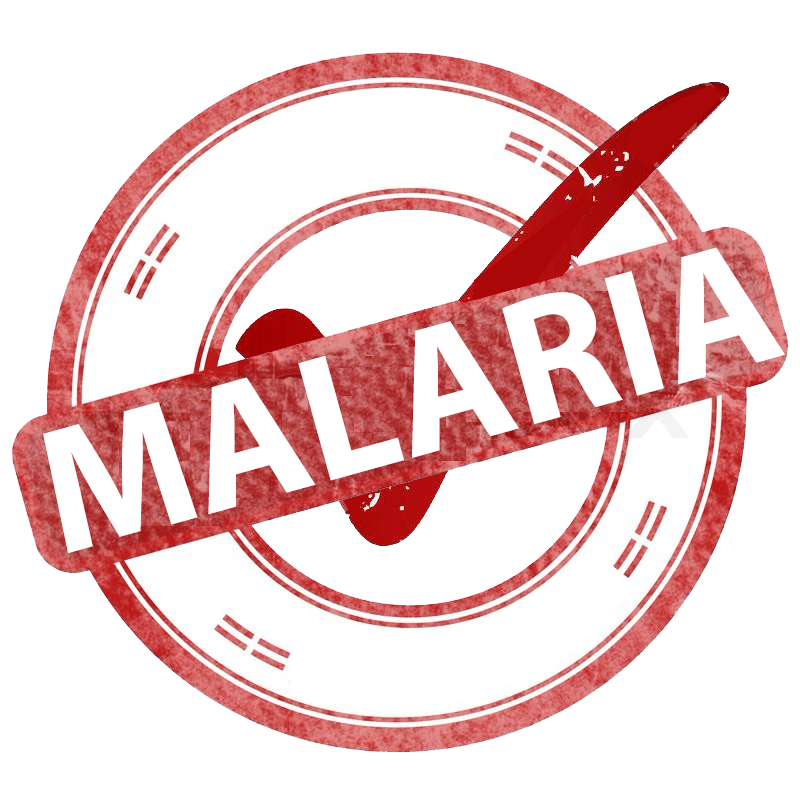
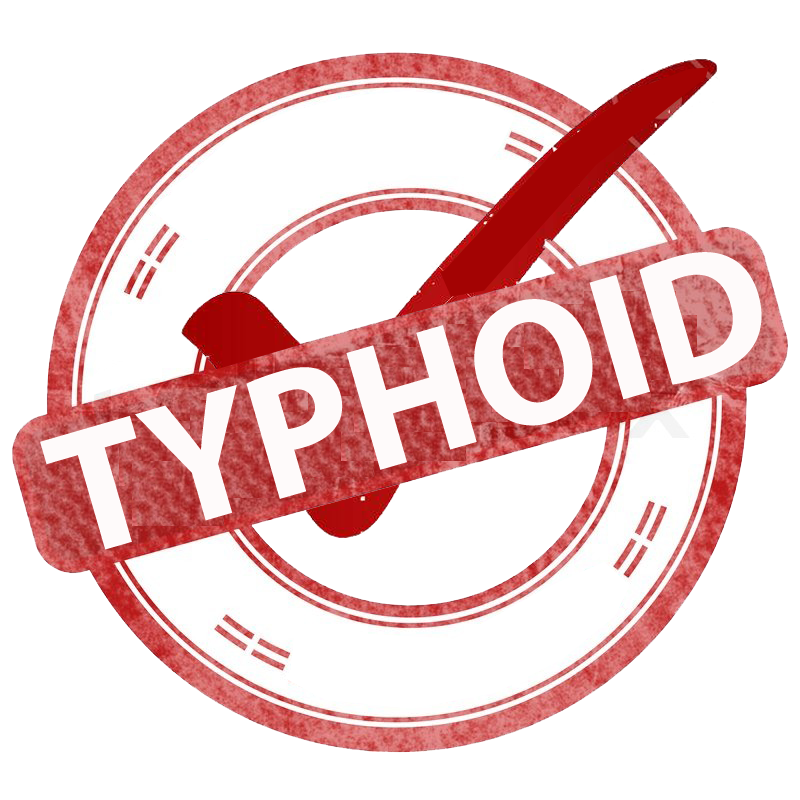
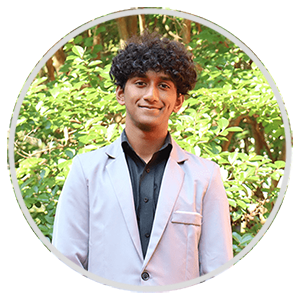
I learned about four of the most pertinent diseases in the developing world from medical professionals including Dr. Aisha Garba-Aliyu, medical doctor and public health expert in Nigeria.
I developed cultural competencies and a global perspective to assess the structural and social determinants of health that underlie these diseases.
I had the unique opportunity to learn about and practice patient examination, evaluation, and diagnosis skills which contributed to the expansion of my preparedness for a future in the medical field.
As a group, we explored the historical, ethical, and cultural implications as well as the medical terminology and procedures pertaining to each of the 4 diseases.
I now have the skills to recognize, diagnose, and recommend both treatment and prevention methods for each of the four diseases.
I gained a better understanding of the signs and symptoms correlated with different stages and severities of Malaria, Typhoid Fever, Acute Respiratory Infection, and Nutritional Anemia.
My Public Health Campaign
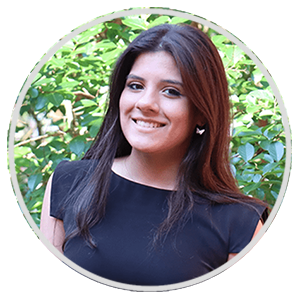

Leadership Initiatives is a 501(c)(3) nonprofit organization that is dedicated to creating future leaders across the globe through experiential learning.
At the conclusion of the internship, I presented my research proposal to a panel of judges including Dr. Aisha Garba-Aliyu and Umar Muhammad.
View my public health campaign presentation here.
In the Advanced Medical & Public Health Internship, I worked directly with development and public health experts to create an education public health campaign. This campaign will target underserved communities in Nigeria and will be published and widely distributed in the area to increase awareness.
My Public Health Campaign Presentation
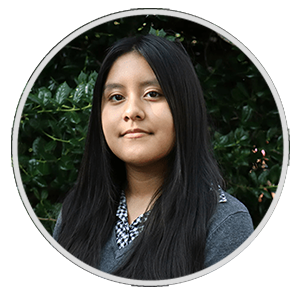
Phlebotomy
I learned how to draw blood using a phlebotomy arm simulator. Using this simulator allowed me to practice placing a needle in a vein to draw blood with realistic tissue-like material that imitates vein-wall resistance.
During this exercise, the medical facilitator instructed me on the proper technique and helped me improve the communication skills that I will use with future patients.
Intubation
I also worked with EMT instructors to learn how to perform multiple times of emergency resuscitation techniques including a manual esophageal intubation and a manual resuscitation airway mask.
The EMT helped me understand the proper situations to utilize different resuscitation and breathing assistance techniques and the proper equipment needed.
1
2
3
Clinical Skills Training


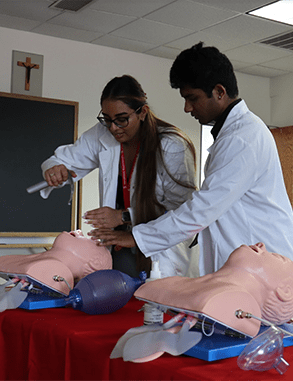
Laparoscopy
I learned about laparoscopy, which is a minimally invasive operation that allows physicians to observe and assess the abdomen or pelvis using small incisions and camera. It is an invaluable tool for developing diagnoses and interventions.
Once I was familiarized with the function of this technology, I had the unique opportunity to apply this knowledge to perform a simulated laparoscopy.
Internship Highlights
Experts & Mentors
Diagnostic Training
Nigerian Medicine
Suturing
Triage
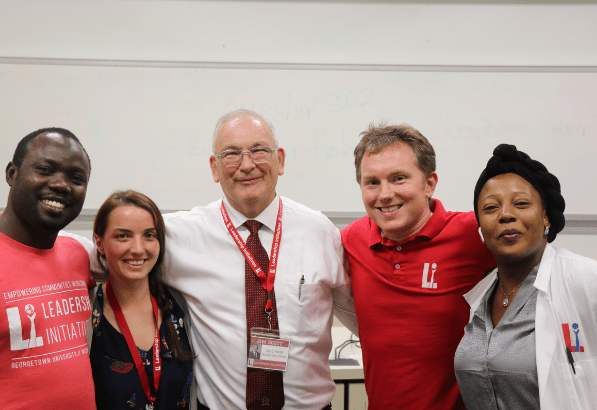
I heard from top medical professionals in a variety of fields and specialties including surgery, emergency medicine, and medical research.
Mitchell Kannry, Fire Marshal at DC. Fire and EMS, spoke to us about careers in emergency response and how field medicine is done when trauma is involved.
Dr. Rachel Selekmen, a pediatric urologist and telehealth specialist., also spoke to us about her career trajectory, her studies, and a day in her life as a surgeon at Children’s National Hospital in DC.
Additionally, I had the unique opportunity to speak to leading public health experts and researchers at the National Institute of Health. Their knowledge helped guide me to determine the focus of my public health campaign.
By working with experts, I gained a better understanding of the responsibilities associated with each medical specialty and how to go about pursuing those particular careers.
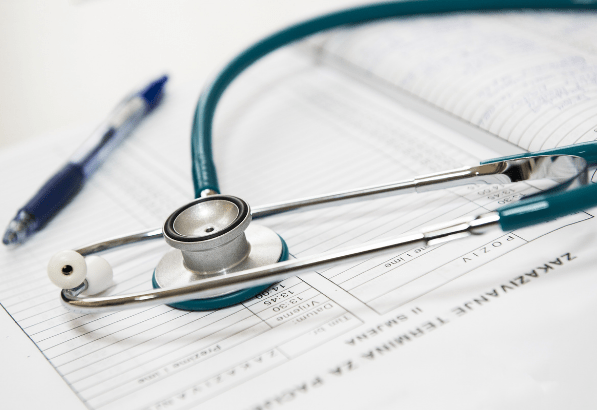
Dr. Garba-Aliyu taught a series of workshops that demonstrated the proper way to interview a patient and explained various techniques to investigate disease.
Throughout the internship, I developed skills in the collection, interpretation, and critical analysis of patient data.
With Dr. Garba-Aliyu's guidance, I was able to improve my ability to synthesize and evaluate information, which is essential in the diagnostic process.
These exercises helped me advance my communication skills to appropriately evaluate patients and best understand their symptoms.
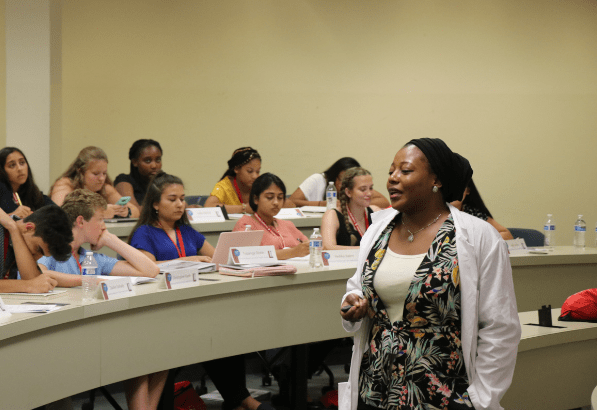
Through interactive educational seminars, I got an insight into the history of medical practices in Nigeria.
Dr. Garba-Aliyu provided me with the current practices in Nigerian medicine and a rich understanding of the growing mistrust of Western biomedical medicine in the region.
By meeting with actual patients, I gained insight into the lives of people living in Nigeria.
Understanding the lived experiences of these individuals allowed me to gain a critical perspective of what practices I could implement into my campaign to reduce the spread of infectious disease.

In one of the leading interactive activities of the internship, I learned and practiced multiple suturing techniques on a human-skin model.
While working on suturing, I employed instruction from medical professionals on the varying techniques and forms of suturing.
This activity provided insight into the primary tasks required of doctors and nurses, while also learning about some of the more intricate parts of medicine.
Along with suturing, I also practiced making plaster casts and other medical procedures. All of these activities helped prepare me for a career in medicine and strengthened my interest in the field.

Through the internship, I acquired basic clinical skills including taking vital signs, evaluating symptoms, and performing neurological exams.
When discussing vitals signs, we explored different methods of taking pulse. After demonstrating competency using each method, I am confident in my ability to calculate heart rate in any patient.
When performing neurological exams, we utilized a procedure that assesses the twelve cranial nerves. These nerves help facilitate normal and healthy bodily functions, and it is critical to evaluate their function in triage.
Along with these basic procedures, I had the opportunity to learn specialized skills like suturing and plaster casting.
